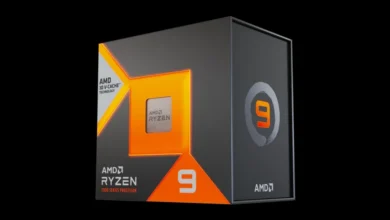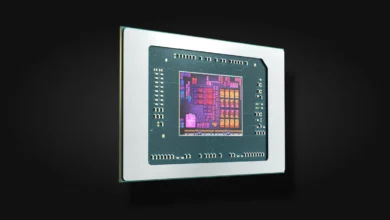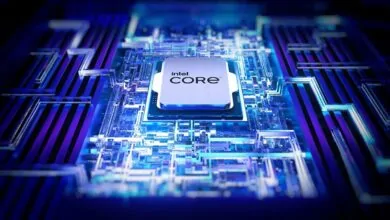Specs of next-gen Intel Core Ultra 200 Arrow Lake CPUs leak

The newest rumor points out that Intel Arrow Lake desktop CPUs will come with max 24 cores, just like the 14th-gen Intel Raptor Lake CPUs.
Almost two months ago, we reported that the next-gen Intel Core Ultra 200 series Arrow Lake CPUs will come without Hyper-Threading (HT).
A few days ago, well known Twitter based leaker @OneRaichu has revealed the model names for the Core Intel Ultra 200 series for desktops.

The model names are a surprise to many, including ourselves. But, for whatever reason, Intel is possibly going to use them for desktop CPUs.
Now, more details are coming forward about their specs.
Intel Arrow Lake Desktop CPU Specs Leak
Benchlife has reported (translated), via VideoCardz, the specs for the Intel Arrow Lake Core Ultra 200 series CPUs.
It reports that Intel Core Ultra 9 will come with a processor configuration of 24 cores / 24 threads (8P +16E).
The Intel Core Ultra 7, on the other hand, will come with a processor configuration of 20 cores / 20 threads (8P + 12E).
As far as Intel Core Ultra 5 series is concerned, the CPUs will come with a configuration of 14 cores / 14 threads (6P + 8E).
It also reports that there will be another processor in the non-K series with 65W TDP. That processor will be part of the Intel Core Ultra 5 series and will come with a config of 10 cores (6P + 4E).
In total, it mentions that the Intel Core Ultra 200 series will consist of 8 processors with 125W and 65W category. For 35W processors, Intel will have about 13 of them in the series.
It also confirms the earlier rumors about the series having only Intel Core Ultra 9, Core Ultra 7 and Core Ultra 5 CPUs. The Core Ultra 3 or the i3 as it was originally called, seems to have been withdrawn.
Specs Table
For the benefit of our readers, we have made a simple Intel Arrow Lake specs table based on the information provided by OneRaichu, Benchlife and VideoCardz.
| Model Name | P-Cores | E-Cores | Total Cores | TDP |
|---|---|---|---|---|
| Intel Core Ultra 9 285K | 8 | 16 | 24 | 125 |
| Intel Core Ultra 9 275 | 8 | 16 | 24 | 65W |
| Intel Core Ultra 7 265K | 8 | 12 | 20 | 125W |
| Intel Core Ultra 7 255 | 8 | 12 | 20 | 65W |
| Intel Core Ultra 5 245K | 6 | 8 | 14 | 125W |
| Intel Core Ultra 5 240 | 6 | 4 | 10 | 65W |
Conclusion
There are some things which we are still unaware about for the Intel Arrow Lake series. Clock speed, performance and costs are some of them.
As for performance, we have to wait for reviews. But as far as clock speeds are concerned, there are rumors that they will max out at 5.5GHz.
The max clock is especially interesting as recently, reports are coming out that Intel K series CPUs are having issues due to higher wattage settings in the BIOS. So if these CPUs are maxing out at 5.5GHz, either it’s the new architecture’s issue or Intel is pushing for tighter wattage settings in the BIOS.
The Intel Arrow Lake series introduces a new LGA 1851 CPU socket and will also require an entirely new CPU chipset. It will come with multiple chiplets / tiles inside a single CPU. Not to forget, it supports only DDR5 RAM. The release date is expected in the second half of this year.
We will get more details as and when the CPUs are officially announced by Intel.




